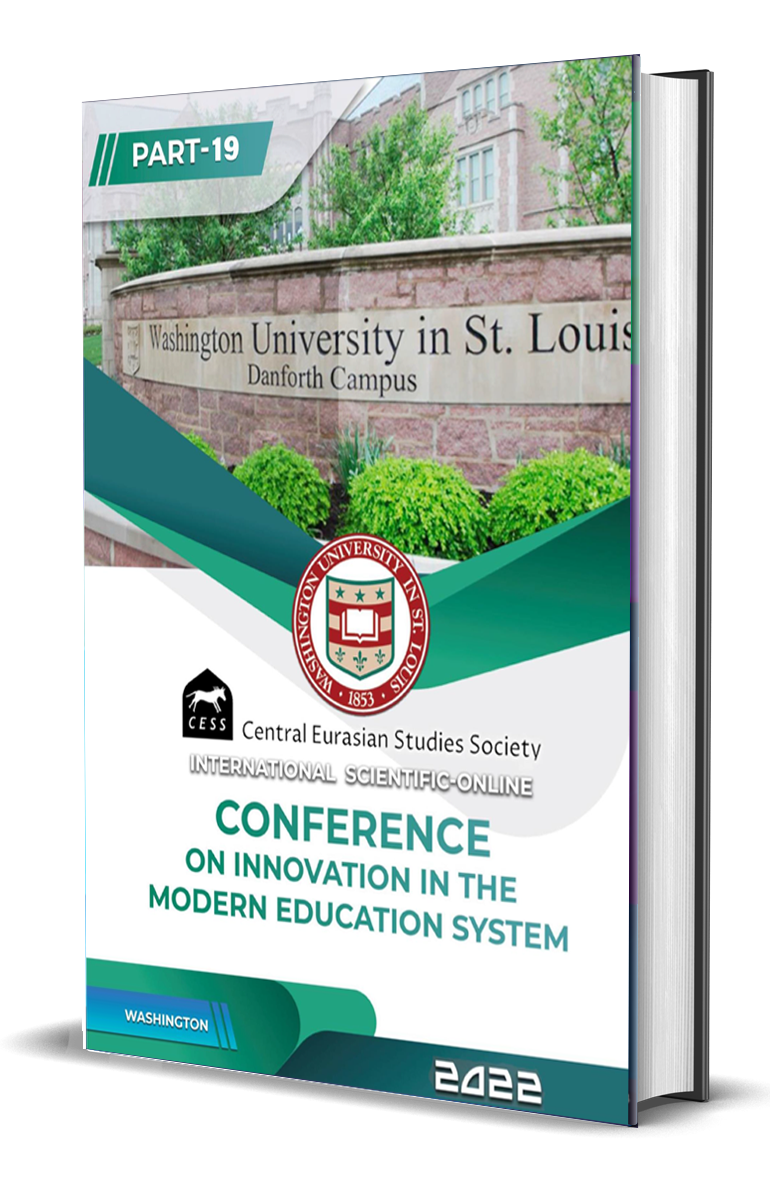A BRIEF ANALYSIS OF STYLISTIC DEVICES IN TERMS OF ALOGISM IN ENGLISH
Keywords:
This article provides a thorough analysis of various stylistic devices, including oxymoron, irony, litotes, catachresis, hyperbole, zeugma, inversion, and ellipses, elucidating their definitions, functions, and impacts within literary works.Abstract
In any language stylistic devices are fundamental to convey messages expressively and effectively. These devices, ranging from oxymoron to ellipses, play pivotal roles in adding depth, emphasis, and nuance to language, thereby enriching the reader's experience.
References
P.S. Fitzgerald. “Short Stories” New York, Scribner, 1989, 775p.
R.P. Warren. “The Unvexed Isles” New York Times, 1947, 276p.
O. Henry. “Short Stories” Wordsworth Editions Ltd, 2015, 338p.
Th. Hardy. “The Mayor of Casterbridge” London, Smith Elder &Co, Waterloo Place, 1886, 400p
A. Christie. “Third Girl” United Kingdom, Collins Crime Club, 1966, 256p.
Oscar Wilde. “Fairy tales”. Moscow: Progress Publishers, 1979.
Charles Dickens "A Tale of Two Cities" United Kingdom, Chapman & Hall, 1859, 489p.
Jonathan Arac “Impure Worlds: The Institution of Literature in the Age of the Novel” Fordham University Press, 2011, 224p
Alexander Pope, “Peri Bathous” or “The Art of Sinking in Poetry” 1728
Jane Austen “Pride and Prejudice” United Kingdom, T. Egerton, Whitehall, 1813
Mark Twain “The Adventures of Tom Sawyer” United States, American Publishing Company, 1876, 12. Tim O'Brien “The Things They Carried” United States, Houghton Mifflin, 1990





